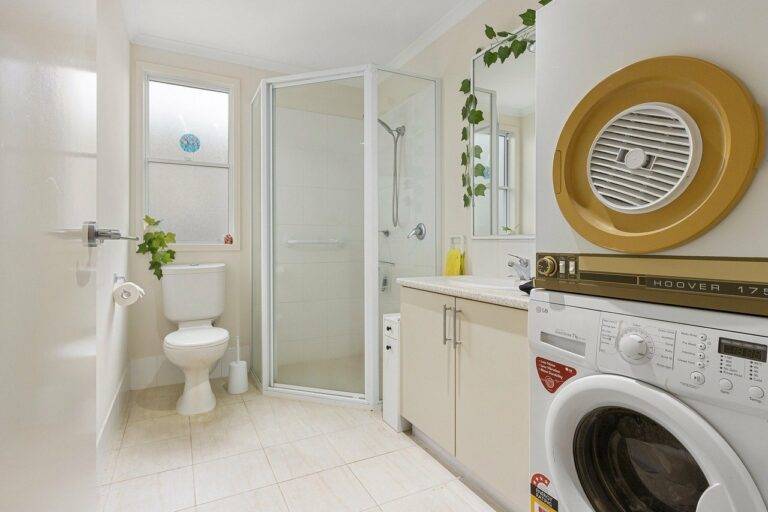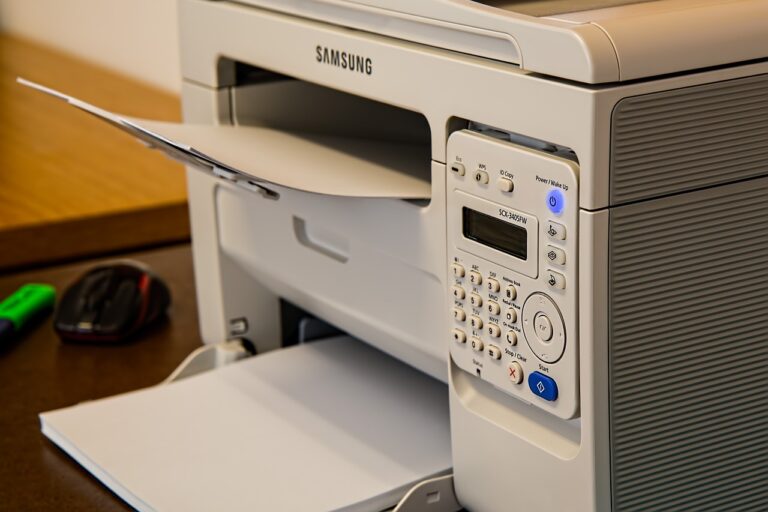Comparing Home Theater Projectors: Allpaanel, Cricket bet 99, Lotus 365.win
allpaanel, cricket bet 99, lotus 365.win: Are you in the market for a home theater projector but feeling overwhelmed by the countless options available? Dont worry, youre not alone. With so many different models boasting various features and specs, it can be challenging to figure out which projector is the best fit for your needs. In this article, we’ll break down the key factors to consider when comparing home theater projectors to help you make an informed decision.
Resolution
One of the most critical factors to consider when comparing home theater projectors is resolution. Resolution refers to the number of pixels that make up the image produced by the projector. The higher the resolution, the sharper and more detailed the image will be. Common resolutions for home theater projectors include 720p, 1080p, and 4K.
Brightness
Another essential factor to consider is the brightness of the projector. Brightness is measured in lumens, and it determines how well the image will be visible in various lighting conditions. For a home theater environment, you’ll want a projector with a higher brightness level to ensure a clear and vibrant image, especially if you can’t control the ambient lighting in the room.
Contrast Ratio
Contrast ratio is the difference between the brightest and darkest parts of the image produced by the projector. A higher contrast ratio results in more vivid colors and deeper blacks, creating a more immersive viewing experience. When comparing home theater projectors, look for models with a high native contrast ratio for superior image quality.
Throw Ratio
The throw ratio of a projector determines the distance the projector needs to be placed from the screen to achieve a certain image size. A lower throw ratio means the projector can be placed closer to the screen, while a higher throw ratio requires more distance. When comparing projectors, consider your room size and layout to determine which throw ratio will work best for your setup.
Connectivity Options
Consider the connectivity options when comparing home theater projectors. Look for projectors that offer multiple input options such as HDMI, VGA, and USB ports to connect various devices like Blu-ray players, gaming consoles, and streaming devices. Additionally, check if the projector has wireless connectivity options for seamless streaming from your smartphone or tablet.
Image Quality
Ultimately, the most crucial factor when comparing home theater projectors is image quality. Look for projectors that offer vibrant colors, sharp details, and smooth motion to enhance your viewing experience. Consider factors like color accuracy, image processing technology, and frame interpolation to determine which projector will provide the best image quality for your needs.
Price
Finally, consider your budget when comparing home theater projectors. Prices can vary widely depending on the features and specs of the projector. Set a budget and prioritize the key features that are important to you to narrow down your options and find the best projector that fits within your price range.
FAQs
Q: Do I need a screen for my home theater projector?
A: While a screen is not required, it can enhance the viewing experience by providing a smooth and flat surface for the image to be projected onto. Screens are available in various sizes and materials to suit your preferences.
Q: How do I mount my home theater projector?
A: Most projectors come with mounting hardware or can be placed on a flat surface like a table or shelf. If you prefer ceiling mounting, you may need additional hardware like a ceiling mount kit for secure installation.
Q: Can I use a home theater projector for gaming?
A: Yes, many home theater projectors are suitable for gaming, offering low input lag and high refresh rates for smooth gameplay. Look for projectors with gaming modes and features for the best gaming experience.
Q: How long do projector bulbs last?
A: The lifespan of projector bulbs can vary depending on usage and care. On average, projector bulbs can last between 2000 to 5000 hours before needing replacement. Be sure to follow manufacturer recommendations for bulb care and maintenance.
In conclusion, comparing home theater projectors can be a daunting task, but with careful consideration of resolution, brightness, contrast ratio, throw ratio, connectivity options, image quality, and price, you can find the perfect projector for your home theater setup. Keep these factors in mind as you research and test different models to ensure you make the best choice for your viewing needs. Happy projecting!







